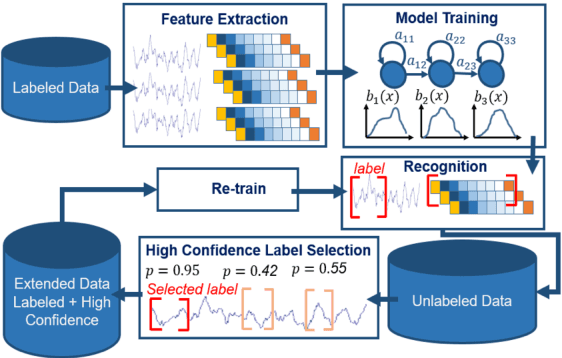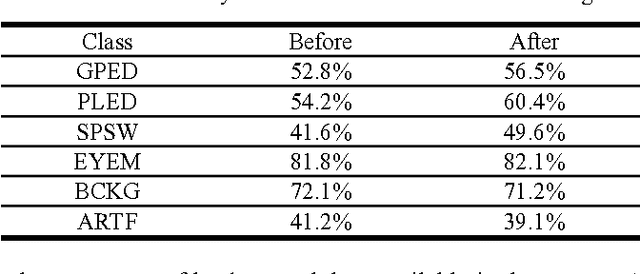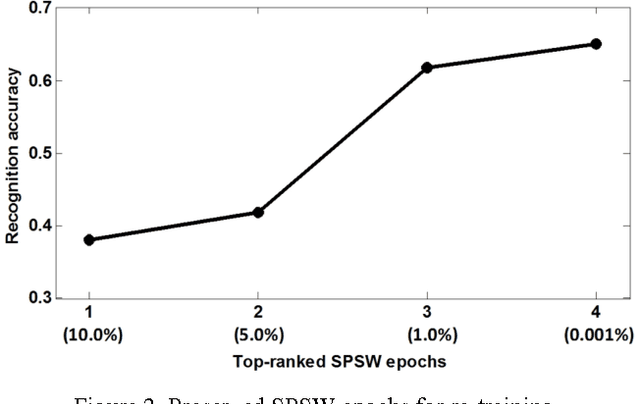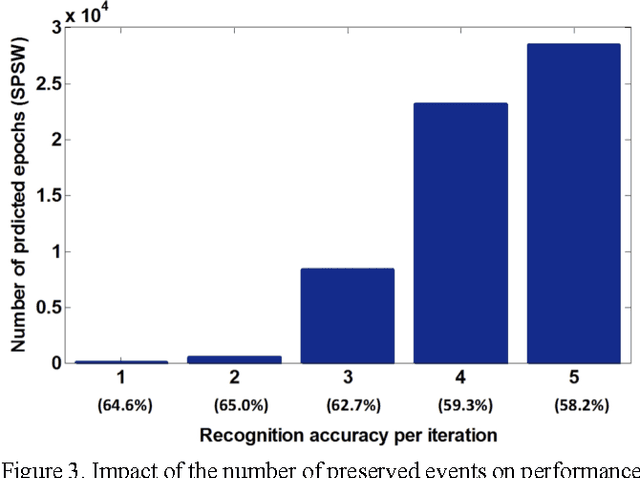Semi-automated Annotation of Signal Events in Clinical EEG Data
Paper and Code
Jan 03, 2018



To be effective, state of the art machine learning technology needs large amounts of annotated data. There are numerous compelling applications in healthcare that can benefit from high performance automated decision support systems provided by deep learning technology, but they lack the comprehensive data resources required to apply sophisticated machine learning models. Further, for economic reasons, it is very difficult to justify the creation of large annotated corpora for these applications. Hence, automated annotation techniques become increasingly important. In this study, we investigated the effectiveness of using an active learning algorithm to automatically annotate a large EEG corpus. The algorithm is designed to annotate six types of EEG events. Two model training schemes, namely threshold-based and volume-based, are evaluated. In the threshold-based scheme the threshold of confidence scores is optimized in the initial training iteration, whereas for the volume-based scheme only a certain amount of data is preserved after each iteration. Recognition performance is improved 2% absolute and the system is capable of automatically annotating previously unlabeled data. Given that the interpretation of clinical EEG data is an exceedingly difficult task, this study provides some evidence that the proposed method is a viable alternative to expensive manual annotation.
 Add to Chrome
Add to Chrome Add to Firefox
Add to Firefox Add to Edge
Add to Edge